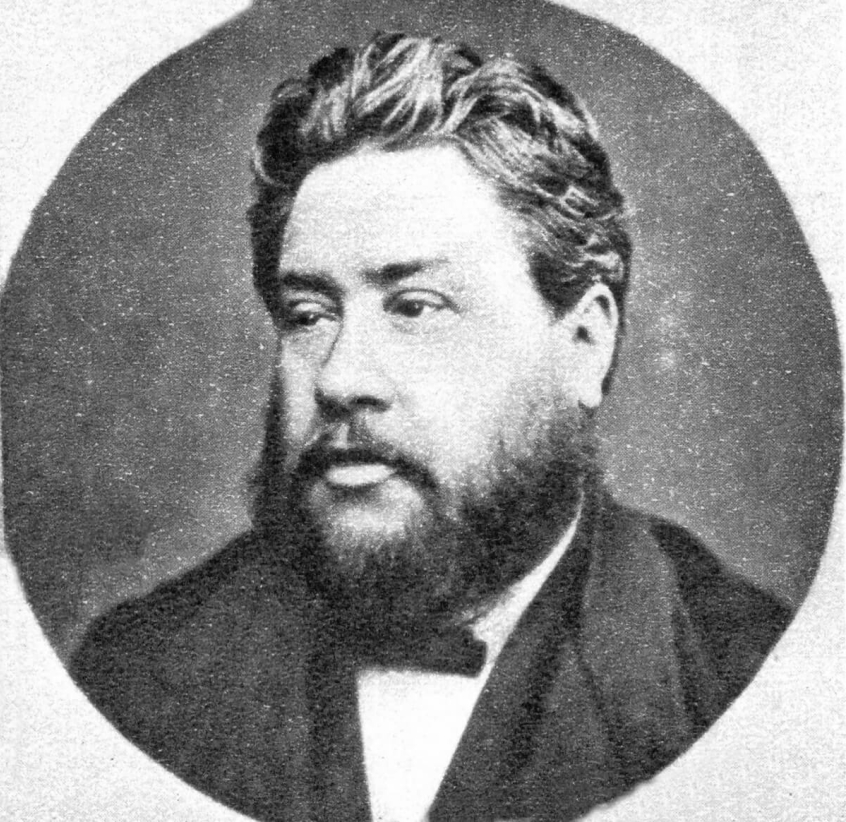On this day in 1892, one of the greatest Christian figures of the 19th century died.

Charles Haddon Spurgeon had suffered from ill-health for many years, tormented by gout, rheumatism and Bright's disease – a historical description of a range of kidney problems. During his relatively brief life – he was only 57 when he died – he had accomplished an astonishing amount. He founded churches, rescued abandoned children, trained pastors and was a prolific author. His oratory drew crowds of thousands – and Spurgeon, unlike many preachers of the day, made a point of preaching to the common people rather than to the rich and educated.
When he died at Mentone in Switzerland, more than 100,000 people lined the streets for the passing of his funeral cortege. Every shop along the route closed its doors out of respect for him. There were three days of services in his Metropolitan Tabernacle.
One eye-witness wrote: 'It was a wonderful and never-to-be forgotten sight that passed through London streets on Thursday, 11th February, 1892. Nothing was seen for miles but bared heads, closed blinds, and universal signs of grief and sorrow. It was indeed a memorable scene. What a lesson that Bible decked coffin preached to its tens of thousands as it passed through their midst! All classes, all creeds, all parties joined in the voice of mourning. The orphan children sang their last hymn to their beloved father as they bore him out of their sight for ever.'
On the Tuesday, more than 60,000 people passed through the chapel where his coffin lay in state. At the final service on the Thursday there were addresses by well-known Nonconformists, but – in a sign of how widely Spurgeon was respected – the benediction was given by the Bishop of Rochester.
Spurgeon was prone to depression throughout his life, but he did not fear death. He preached on dying often and spoke of the Christian's eternal hope. Among his words of encouragement are these:
'The best moment of a Christian's life is his last one, because it is the one that is nearest heaven.'
'It is not a loss to die, it is a lasting, perpetual gain.'
'All the glories of midday are eclipsed by the marvels of sunset.'
And, poignantly and aptly in his case: 'He who learns to die daily while he lives will find it no difficulty to breathe out his soul for the last time.'













